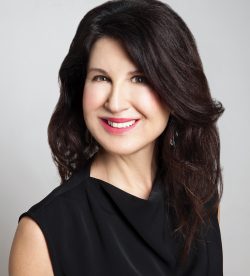One More Time With Feeling
Rarely are people given a second chance to get things right. There’s a finality to a glass broken into a million sharp-edged pieces on the floor. The same can be said of a shattered relationship, a failed test, a lost opportunity. But what if you did get a second chance? Would it prompt you to change your life? Take fewer or more chances? Carpe all the diems?

For most people, such questions are a parlour game, an exercise in wishful thinking. But when you’re a survivor like Kaleb Dahlgren, when life offers you another kick at the can, these are the sorts of things you take seriously.
The focus of our cover story, Dahlgren was given the miracle of a second chance when he survived the deadly Saskatchewan bus crash that claimed the lives of most of his teammates on the Humboldt junior men’s hockey team in 2018. It’s an inspiring tale of resilience, and it sets the tone for others to be found in this issue of The York University Magazine. Like Dahlgren’s, many are second-chance stories that provide hope for a better future.
Take, for instance, York alum and assistant professor Lora Appel’s innovative use of virtual reality to restore vision in seniors with age-related sight impairment – a breakthrough therapy that promises a second chance at being able to see. Just as progressive are the social justice investigations of Ian Mosby and Sarah Rotz, York grads now working as academics whose inquiries offer society a second chance at a more equitable food system.
There’s also a story on the 15-minute city, an urban planning ideal giving people a real chance to reinvent themselves. In the 15-minute city, everything you could want or need is accessible within a minimal distance. Can the concept work in vast automobile-dependent countries like Canada? The jury’s still out. But the mere thought that our cities may have another chance to get it right provides a welcome jolt of optimism. It’s enough to make you believe that anything is possible – even second chances. ■